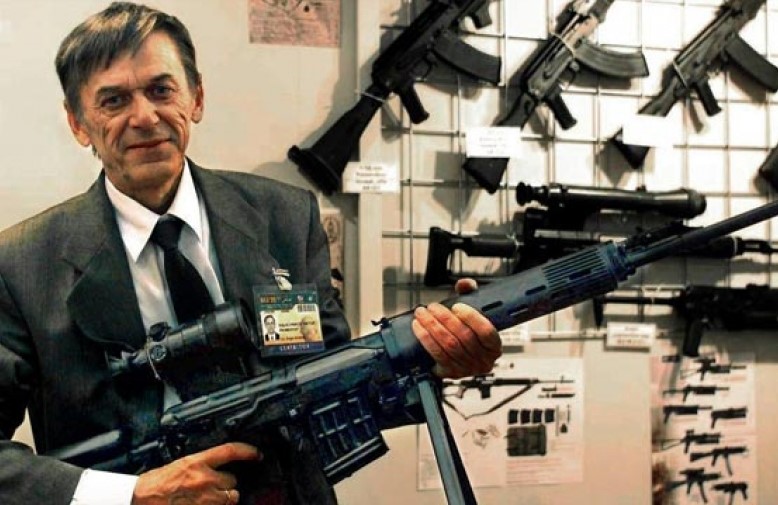AFP photo
By
Ricardo Swire
The superpower ideological divide that previously structured world conflict is now obsolete. Governments in America, Europe, Africa and the Middle East have unconventionally turned to private military companies to intervene in conflict on their behalf.
Such businesspersons and corporations represent proxies for national business interest, buried under layers of secrecy, a class of entrepreneur that operates beyond borders. Arms dealers occupy the forefront of the most extensive yard sale imaginable, the huge, unregulated distribution of low price surplus armaments to the most fragile, conflict ridden corners of the Earth. often unaccountable to shareholders and unfettered by country of origin regulations.
The past occurrence of two helicopter gunships piloted by South African mercenaries that altered the result of civil conflict in Sierra Leone, to favor the government, serves as one example. Such entities specialize in the sale of firearms, military expertise and support that deliberately prolong conflicts and instabilities.
Some arms dealers and businesses traverse secret worlds of war commerce, organized crime and terrorism. Patterns showed that the diamond industry became one prime currency for terrorists and Africa’s warlords, manufactured conflict diamonds laundered via exchanges in Antwerp, Belgium and Tel Aviv, Israel. Although wars in Angola and Sierra Leone ended, new conflicts erupted in Liberia, Congo-Brazzaville and the Central African Republic, as fighting continued in Sudan and the Congo.
The notorious Ukrainian arms dealer arrested with bags of cocaine and diamonds in his pockets, while fraternizing with prostitutes inside a hotel room in Monza Italy, demonstrated the level of criminality involved in the weapons business. He was initially convicted on fraud charges in Germany and blacklisted in Switzerland and Monaco. Surveilled by Belgium and French intelligence agencies and his personal file compiled, Italy’s Carabinieri or State Police carried the Ukrainian arms dealer’s name on a mafia, drugs and arms trafficking Most Wanted list.
Overall, pistols and revolvers were the weapons of choice in ninety percent of global conflicts. Since 1990 small arms were used to commit the majority of murders. Within the last five years Angola and Sierra Leone specifically demonstrated extreme forms of criminality that involved guns. Most international countries’ administrative powers privately regard arms trade ratio as the real measure of political influence. The growth industry’s bottom line disregards a ballooned account of destroyed lives.
According to an updated State Department Bureau of Intelligence & Research document, weapons manufactured by State owned Eastern European factories found their way to Angola, Afghanistan, Burundi, Colombia, Congo-Brazzaville, the Caribbean, Ethiopia, Sudan and Sri Lanka. For several years Iran exported weapons, including Shabab 3 missiles, to Venezuela. Regular shipments of civilian goods depart Venezuelan ports for Beirut. Gathered intelligence suggested that smuggling illegal weapons aboard such freighters, some registered in Lebanon, is a constant operation, yet Western Hemisphere governments prefer to suppress such information.
Previously a Belgian arms dealer confessed to a French Judge that he was contacted in Brussels by US Central Intelligence Agency (CIA) representatives. The American agents were referred by French General Directorate for External Security agents. Arranged business deals weapons, worth tens of millions of US dollars, were delivered to Croatia, Bosnia, Iran, Qatar, Zaire, Burundi and Congo-Brazzaville, Croatia and Bosnia both officially listed on a United Nations (UN) arms embargo.
Over the last decade America donated more than US$1 billion to the Lebanese Army. January 2015 records identified twelve armored Humvees delivered to Lebanese soldiers, Northrop Grumman Corporation, headquartered in Virginia, modifying one Humvee for US$145,000.



No Comments Yet!
You can be first to comment this post!